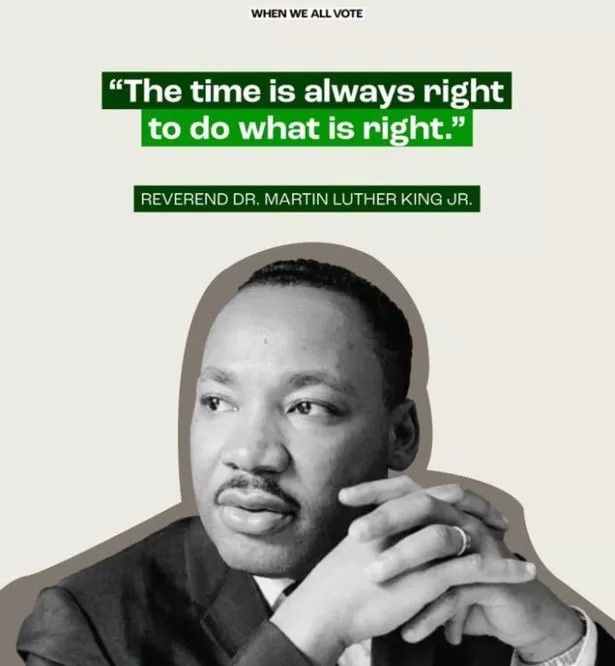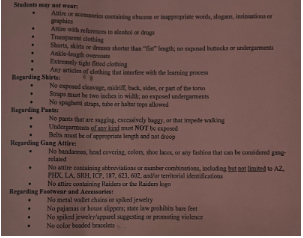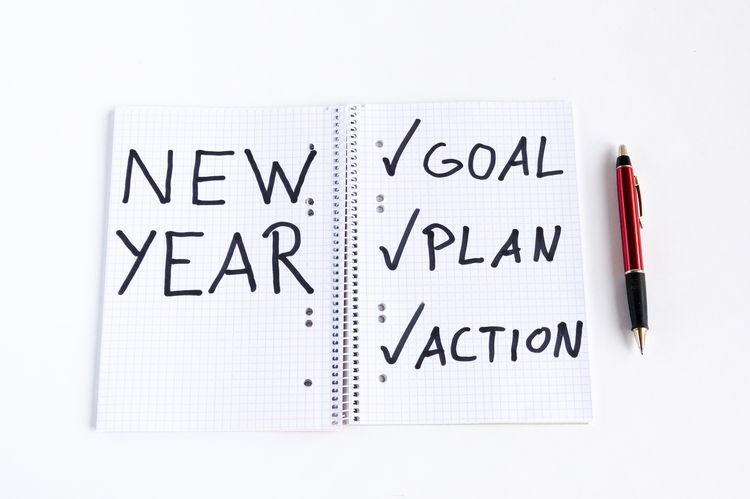Are New Year’s Resolutions Effective?
February 6, 2023
Creating New Year’s resolutions can be fun to write out and plan; however, wanting to take the initiative and fulfill the tasks written is what makes them hard to carry out.
At the end of every year, it is a worldwide tradition for people to decide what they want to improve in their life, whether it concerns their relationship decisions, their bodies, eating habits, and so on. Sometimes, friends even make a pact to promise to hold one another accountable. Still, it is also extremely common to hear people say that they started to build a routine with their newly made goals but then backed out after the first month because they did not see immediate results.
InsideOutMastery explains that studies have shown that 59% of young adults make New Year’s resolutions, 23% quit during the first week of January, and 36% make it past the first month. Only 9% successfully keep their New Year’s resolutions at the end of the year. In order for people to see results in any area of their life, it is critical that steps to complete the goal are formed. Continuously fulfilling these steps eventually make a habit. People who have researched and done experiments say it takes a little over 2 months to form a habit. Seeing immediate results after doing something after 2 days is unlikely but having faith and routinely doing something will be highly effective.
However, some people may argue by saying that they are too busy or are easily distracted to routinely do anything. Many people are busy and are trying to balance a job, school, sports, and more. How could they have time to add another burden? It is understandable that many people are trying to juggle multiple activities all at once but they do not have to jump right into their goal. People promising themselves that they will set aside an hour each day to complete their goal is hard and unnecessary.
A way for people to complete their New Year’s resolutions is to start small and gradually work up to the main goal, whatever that may be. If people wish to exercise for 30 minutes per day, they should start by making time during their routine to accommodate the new addition. People can wake up 15 minutes earlier or in between homework take breaks and do 15 minutes of any exercise to give the brain a rest and get the blood moving. People cannot magically expect results without the urge to try and change. In the end, New Year’s resolutions can be influential and reshape people’s lives for the better, but only if they are willing to take the extra step and make it happen.









































